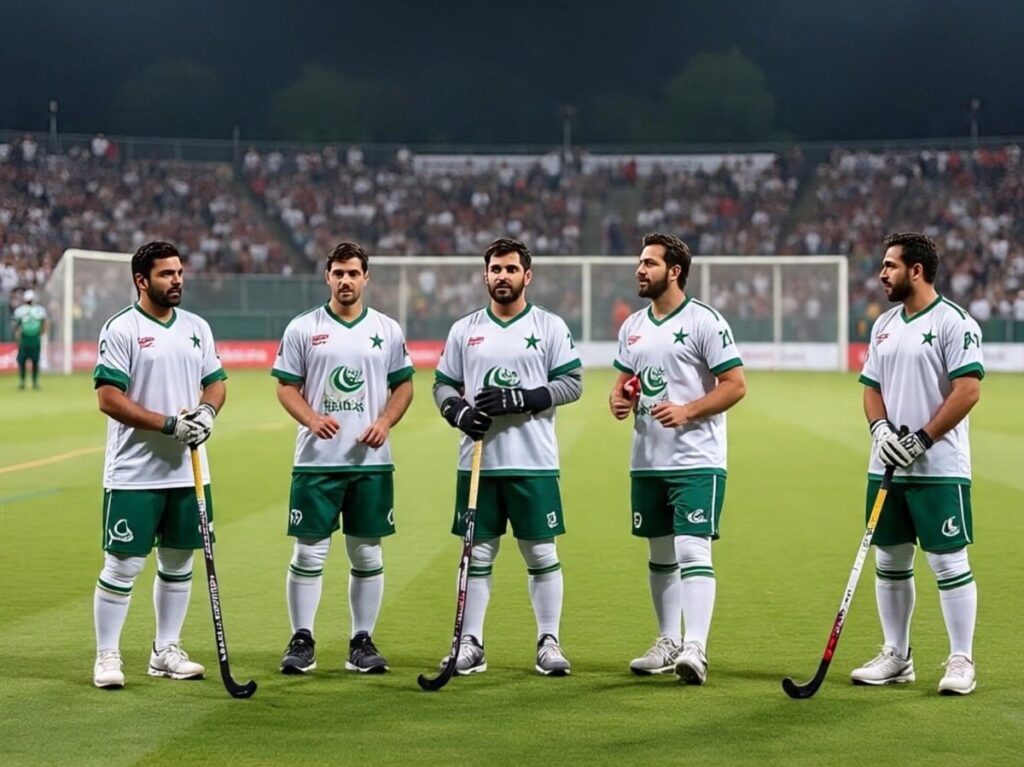In recent developments surrounding international sports, Pakistan’s decision to withdraw its hockey team from the Asia Cup has raised eyebrows. This decision, influenced heavily by security concerns, highlights the ongoing tensions in the region and the impact they have on sporting events. The Pakistan Hockey Federation (PHF) has formally communicated to the International Hockey Federation (FIH) that its players do not feel comfortable traveling to India for the tournament.
Background of the Asia Cup
The Asia Cup is a significant event in the field hockey calendar, bringing together some of the strongest teams in Asia. Established in 1982, this tournament not only serves as a competitive platform but also aims to promote goodwill and sportsmanship amongst participating nations. Over the years, it has adapted to the evolving landscape of international relations and sports diplomacy.
Pakistan’s Security Concerns
Impact of Regional Politics on Sports
Pakistan’s apprehensions about sending its hockey team to India are deeply rooted in the historical and political context of the two nations. Incidents of violence and political unrest can create an unsafe environment for athletes, leading to decisions driven by the need for player safety.
Official Statements
| Entity | Statement |
|---|---|
| Pakistan Hockey Federation | “Given the current situation, it is impractical to send our team to India.” |
| International Hockey Federation | “We respect the decision made by the PHF regarding their team’s safety.” |
Reactions from the Hockey Community
The decision has sparked varied reactions among players, fans, and analysts. Many former players in Pakistan have expressed disappointment, emphasizing the importance of international exposure for player development. Conversely, supporters of the decision cite the paramount importance of safety in sports.
Future Implications for Hockey Diplomacy
This withdrawal may have broader implications for future sports exchanges between India and Pakistan. Collaborative sporting events are often viewed as a means of fostering dialogue and restoring relations, making this decision a significant setback.
Potential for Future Engagement
Despite these challenges, there remains hope for future engagements in sports. Discussions among hockey federations aimed at creating a secure environment for tournaments may lead to revised agreements that prioritize safety, thereby encouraging participation from both nations.
Conclusion
In conclusion, Pakistan’s refusal to send its hockey team to the Asia Cup underscores the intricate relationship between sports and international relations. As safety concerns persist, the hockey community remains hopeful for future collaborations that can bridge divides and promote peace through sportsmanship. Addressing these issues comprehensively will be essential in preserving the integrity and spirit of international competitions.
